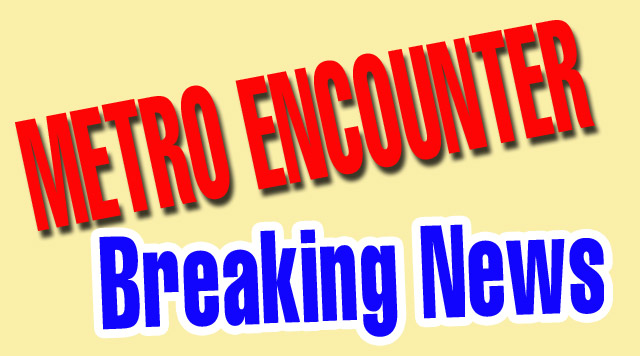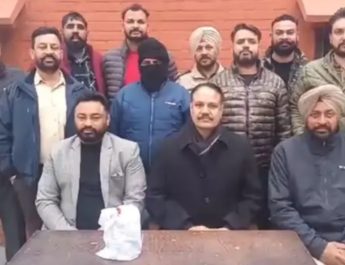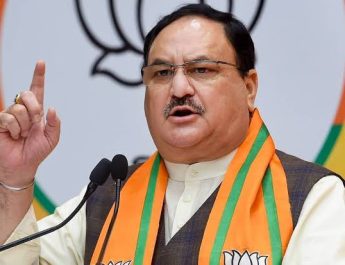From Our Bureau
NEW DELHI: The US-based American Bar Association that claims to be the world’s largest voluntary association of lawyers, judges and other legal professionals, has shot off a letter to the Supreme Court to intervene in Kashmir where the valley journalists are booked under the stringent Public Safety Act (PSA) despite getting bail from the courts.
In a letter to the Supreme Court, it warned that unless it intervenes, the police may increasingly rely on the PSA to curb media freedom in Kashmir, mocking at the bails granted by the courts. The PSA allows preventive detention of any person without trial for up to two years, subject to review every six months, and making bail difficult to obtain.
The letter urges India’s top court to consider the public interest litigations (PIL) from the human rights defenders about the use of the PSA and its impact on the independence of the judiciary.
It also asked the Supreme Court to speedily hear and resolve habeas petitions moved by the PSA detainees alleging procedural violations and take suo motu cognizance of administration decisions to charge individuals, especially journalists, under the PSA.
The letter expresses concern at the PSA detentions of journalists Sajad Gul and Fahad Shah since January 16 and March 14 respectively.
“Both the cases have not only impacted the journalists in India, but the behaviour of the police and prosecutors had challenged the independence of India’s judiciary,” writes ABA president Reginald M Turner.
“Without intervention from the Supreme Court, the police may continue to rely on the PSA to infringe on the freedom of the press in Jammu and Kashmir. If so, India’s judiciary would be effectively denied the opportunity to assess defendants’ rights,” the letter said, pointing out that more than 500 people are held in the Valley under the PSA, despite most getting bail from the courts.
It cited from Gul’s PSA dossier that he was being re-arrested as there was “every apprehension that he might be bailed out by the courts.”
GODI MEDIA: Meanwhile, the India chapter of the Reporters Without Borders has pulled down India’ position on the World Press Freedom Index from 150 to 142nd rank out of the 180 countries mapped.
Releasing its report here on Tuesday, it said: “The violence against journalists, teh politically partisan media and the concentration of media ownership all demonstrate that press freedom is in crisis in the world’s largest democracy, ruled since 2014 by Prime Minister Modi, the leader of the Bharatiya Janata Party and the embodiment of the Hindu nationalist right.”
Noting how the Indian press that was fairly progressive has changed since Modi took over the government. The report says his government “engineered spectacular rapprochement between his party, the BJP and the big families dominating the media.”
Also from very early on, Modi took a critical stance vis-a-vis journalists, seeing them as “intermediaries,” polluting the direct relationship between himself and his supporters. The report says: “Indian journalists who are too critical of the government are subjected to all-out harassment and attack campaigns by Modi devotees known as Bhakts.”
The Reporters without Borders states that teh abundance of media outlets cocneals tendencies towards the concentration of ownership, adding that the enormous diversity of Indian society is barely reflected in the mainstream media.
Describing the Indian media as a “colossus with feet of clay,” it says the old Indian model of a pluralist press is being seriously challenged by a combination of harassment and influence. “Recent years have also seen the rise of “godi media” (a play on Modi’s name and lapdogs) that mix populism and pro-BJP propaganda.”




